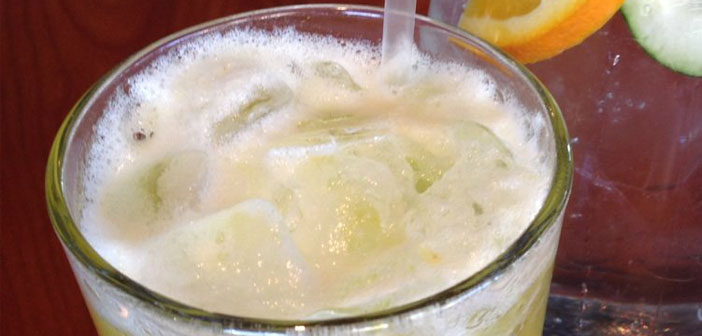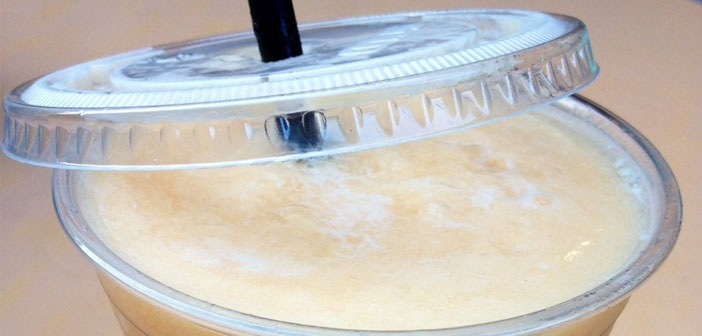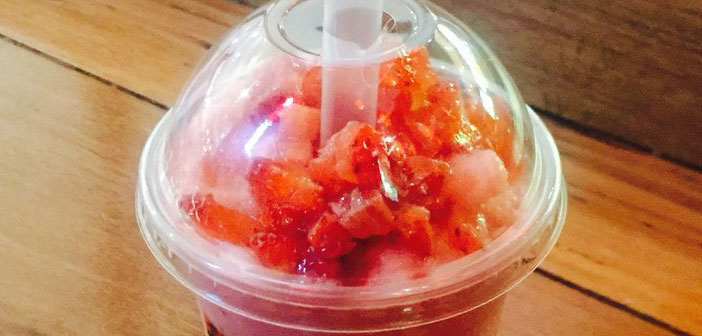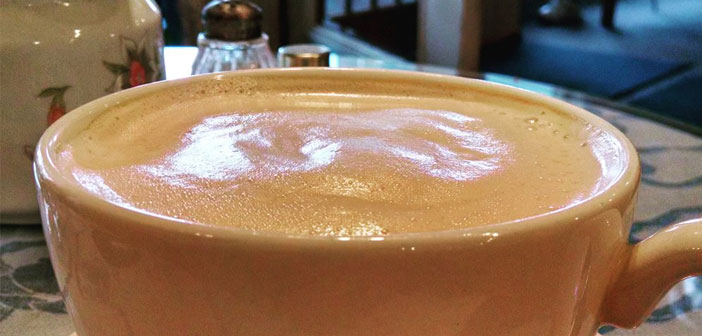Gout and Wine: What are the Effects Compared to Beer and Liquor?
1. Wine:
- Red wine: Moderate consumption of red wine (1-2 glasses per day) has been associated with a lower risk of gout. Red wine contains polyphenols, such as resveratrol, which have anti-inflammatory properties and may help reduce uric acid levels.
- White wine: Some studies suggest that white wine consumption may be less protective against gout compared to red wine. White wine lacks certain flavonoids present in red wine, which could mitigate the risk of gout.
2. Beer:
- Beer: Beer consumption, especially when excessive, has been linked to an increased risk of gout. Beer contains higher levels of purines, which are compounds that break down into uric acid. Additionally, hops used in beer brewing can further elevate uric acid levels.
3. Liquor (Spirits):
- Hard liquor: Distilled spirits (e.g., whiskey, vodka, gin) have a variable impact on gout risk. Some studies suggest that moderate consumption of certain liquors, such as whiskey, may not significantly increase gout risk. However, excessive alcohol consumption can still contribute to dehydration and elevated uric acid levels, increasing the likelihood of gout attacks.
When considering the effects of different alcoholic beverages on gout, it's important to remember that individual susceptibility can vary. Factors such as overall diet, genetics, and co-existing medical conditions can influence a person's gout risk. Maintaining adequate hydration, avoiding excessive alcohol intake, and opting for lower-purine alcohol options can help minimize the risk of gout flare-ups. As always, consult with a healthcare professional for personalized advice regarding gout management and alcohol consumption.



